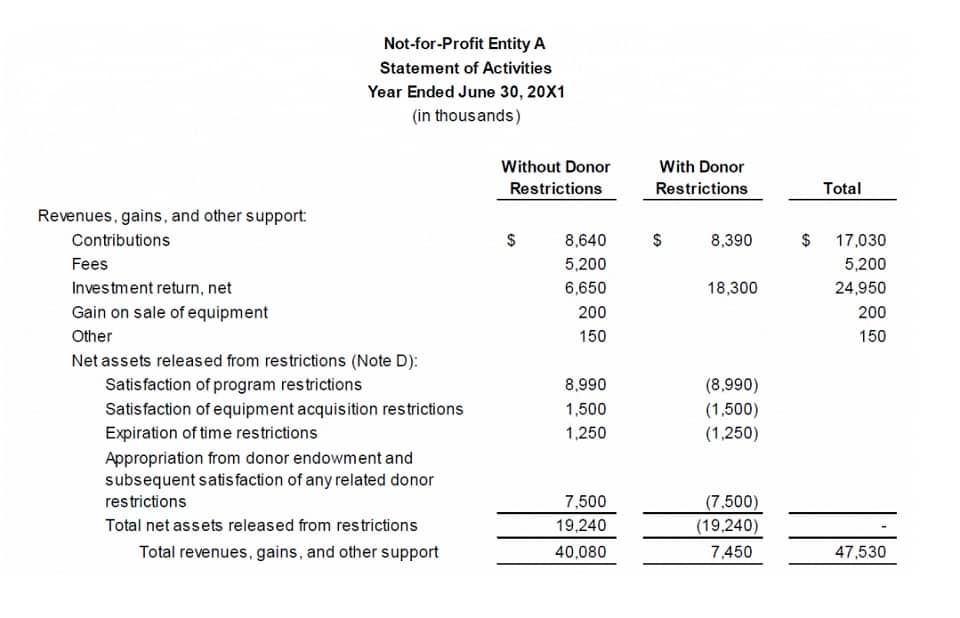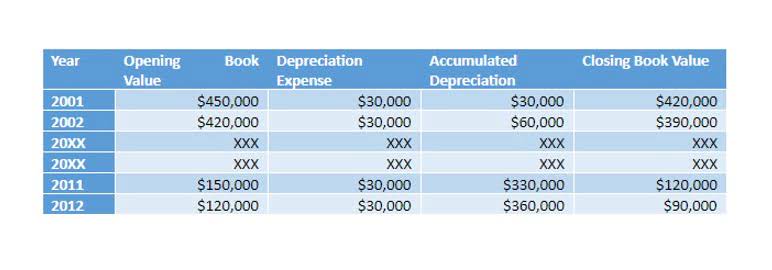Καλαμαριά
Διεύθυνση: Παπαντωνίου 12 (με Ιουστινιανού), Θεσσαλονίκη 55134
Τηλέφωνο: +30 23144 352 212
Κινητό: +30 6972 875 789
Περαία
Διεύθυνση: Ανθέων 3, Περαία 57019
Τηλέφωνο: +30 2392 111 184
Κινητό: +30 6972 875 789
Καλαμαριά
Διεύθυνση: Παπαντωνίου 12 (με Ιουστινιανού), Θεσσαλονίκη 55134
Τηλέφωνο: +30 23144 352 212
Κινητό: +30 6972 875 789
Περαία
Διεύθυνση: Ανθέων 3, Περαία 57019
Τηλέφωνο: +30 2392 111 184
Κινητό: +30 6972 875 789

If you want your firm to stay compliant, be financially successful, and grow, you need to have an accurate and clear bookkeeping system for your law firm to follow. This could mean taking on bookkeeping tasks in-house or hiring a professional bookkeeper with experience working with law firms. To effectively manage legal accounting for Online Bookkeeping law firms, it’s wise to start with a foundation that works for all aspects of running your firm. Just as your clients rely on your expertise with the law, there comes a point when you need to call in accounting professionals.


Whether you’re a brand-new bookkeeper or considering entering the field, understanding the fundamentals is essential. Let’s break down what a bookkeeper does and explore the specialized tasks involved in legal bookkeeping. If you’re trying to handle bookkeeping on your own in addition to putting in all those billable hours, it’s easy to overlook workflow steps or make mistakes.

This online bookkeeping is done by completing three-way trust reconciliation between all of these statements. Irvine bookkeeping offers you comprehensive, cost-effective, and long-term law firm bookkeeping solutions. With our dedicated and experienced bookkeepers, you potentially transform the financial management of your law firm. As an attorney, you may be aware of state bar requirements for trust accounts, but that doesn’t prevent you make mistakes.
Then, compare the bank statement with each client ledger to ensure they also match. You must regularly reconcile accounts to comply with IOLTA requirements and maintain an accurate picture of your law firm’s finances. This includes preparing tax returns and reconciling bank statements with general and client ledgers. Legal accounting also goes one step further by taking a high-level look at a law firm’s financial health by forecasting, creating budgets, and identifying areas for growth. While you spent most of your life becoming a seasoned lawyer, accounting is a different area and not your expertise. Although you now understand the common mistakes in accounting for law firms, you’re still an accountant or bookkeeper.

Without this level of diligence, law firms can become vulnerable to penalties and sanctions. Law firm bookkeeping records the financial transactions and balances of your firm’s financial accounts. Legal bookkeeping takes place before any accounting can occur and is an essential administrative task for any law firm. Reliable bookkeeping for attorneys also provides accurate financial data for legal accountants to work with.
Your business’s accounting method will affect cash flow, tax filing, how you manage your law firm’s chart of accounts, and even how you do your bookkeeping. You’ll need to choose an accounting method before your firm files its first tax return and then stick with it on all subsequent returns. The bookkeeper is responsible for the firm’s day-to-day bookkeeping, including Billing, Accounts Payable, Accounts Receivable, Account Reconciliation, Accepting and Depositing Funds, Payroll. In addition to these more traditional Bookkeeping functions, the bookkeeper will be tasked to track certain production and marketing metrics to aid the owner in data-based decision making. The Bookkeeper will use the firm’s practice management system and accounting software to record transactions and prepare standard reports as directed by the owner or the CFO. The Bookkeeper’s duties are designed to keep the Owner apprised of the heartbeat and health of the firm.
While the chart of accounts is customized to your law firm’s size, jurisdiction, and practice area, it typically includes five core categories in addition to numerous subcategories. Legal bookkeepers and legal accountants work with your firm’s financials, with the shared goal of helping your firm financially grow and succeed. Preserve all financial records, including bank statements, receipts, invoices, and reconciliation reports, according to your jurisdiction’s requirements—typically 5-7 years at minimum.
Both general accounting and trust accounting are necessary for your firm’s success—and integrations seamlessly tie the two areas together. So, with double-entry accounting, every financial transaction gets sorted into a specific category (assets, liabilities, or equity). Double entry accounting is a helpful practice for lawyers to know about, as it provides an extra guard against errors. This is a list of all your firm’s financial accounts, giving you a framework for where to law firm bookkeeping record every transaction.